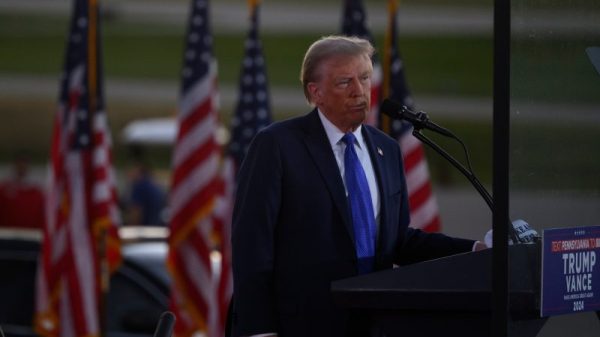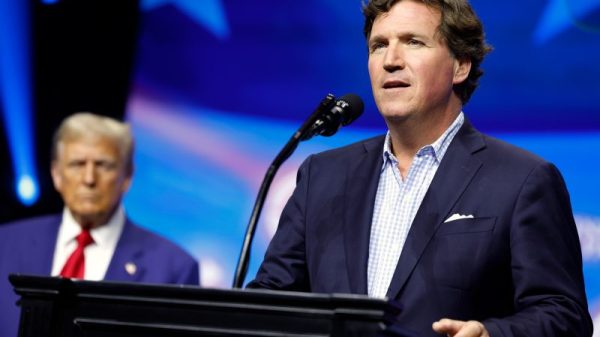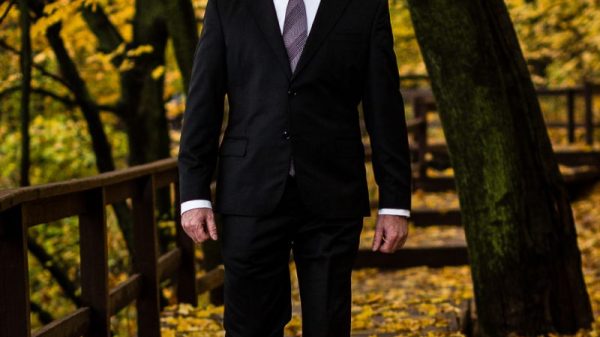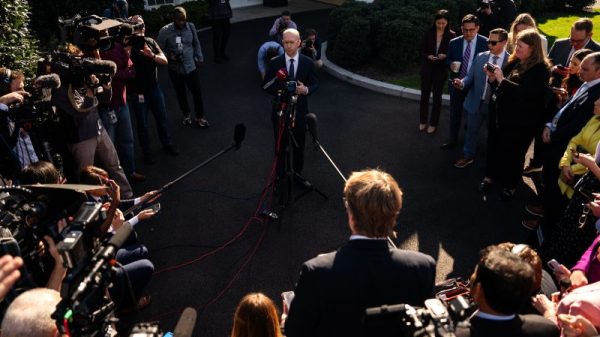Vanderbilt football quarterback Diego Pavia’s filing for a preliminary injunction against the NCAA has been granted, according to a court ruling released Wednesday. The temporary injunction gives him an extra year of eligibility.
According to the ruling by Judge William Campbell and accessed by The Tennessean, which is part of the USA TODAY Network, via online court records, the NCAA’s rules preventing Pavia from playing in the 2025 college football season because of his two years at New Mexico Military Institute, a junior college, violated the Sherman Antitrust Act.
This opens the door for Pavia to remain as Vanderbilt’s quarterback in 2025.
The ruling also prevents the NCAA from enforcing its ‘Rule of Restitution’ against Vanderbilt or any school that Pavia might play for in 2025. It means the NCAA would not be allowed to force the Commodores to vacate wins or levy other penalties if the ruling is later overturned after a full court case or appeal.
In a press release sent to The Tennessean, Pavia’s attorney, Ryan Downton, said ‘Diego is very thankful for the work of the Court and its staff in expediting this ruling. The NCAA has not yet adjusted to the NIL era and continues to impose unfair restrictions on college athletes. The Court’s ruling is another step in leveling the playing field to allow college athletes to share in the billions of dollars earned due to their labor. While the ruling is limited to Pavia, we believe it may open the door for other former junior college players to obtain an additional year of eligibility without filing a lawsuit.’
Downton’s statement said that Pavia does not plan to enter the transfer portal as long as the current coaching staff stays in place.
‘He loves Vanderbilt and Coach Lea,’ Downton said. ‘So long as he receives an appropriate NIL package, I expect to see him in the black and gold for as long as he has eligibility remaining and Jerry Kill and Tim Beck are coaching in Nashville.’
This ruling is preliminary, meaning that it is subject to a trial at a later date. The NCAA also could decide to settle the case by changing its rules, which happened when a lawsuit was brought against multiple-time transfer eligibility in 2023.
‘We want to have Diego here. We want him to be a part of this. He wants to be a part of this. And there will be a huge celebration the day we get that final thumbs-up,’ Vanderbilt coach Clark Lea said Tuesday.
Currently, the injunction applies only to Pavia and not to any other athletes who attended a junior college. Offensive lineman Steven Hubbard is another player on Vanderbilt’s football roster who would be out of eligibility because he played at a junior college (Kilgore College). Both the baseball and basketball teams have players who started their careers at a junior college.
However, the ruling seemingly opens the door for many more of these athletes, both in football and other sports, to challenge for eligibility.
According to the ruling: ‘The eligibility bylaws induce potential football players to attend NCAA institutions rather than non-NCAA institutions even when non-NCAA institutions, such as junior colleges, might be in their best interest. Therefore, the rule harms student athletes when they are making decisions on whether to attend a junior college or an NCAA institution.’
Part of Pavia’s argument was that junior colleges, which are not part of the NCAA, count against NCAA years of eligibility, but attending a prep school or as a postgraduate student does not, even though some junior colleges compete against prep schools.
The ruling cited previous court rulings where it was established that athletes denied the opportunity to play sports do suffer ‘irreparable harm.’
The ruling states that the NCAA might still impose eligibility rules. However those rules will be subject to the Sherman Antitrust Act and cannot impose an ‘undue restraint on trade.’
According to the ruling, NCAA eligibility rules regulate commercial activity because athletes are now allowed to make NIL money. Pavia’s original case claimed that he would be on track to make more than $1 million in NIL if allowed to return in 2025.
(This story has been updated with new information.)




























